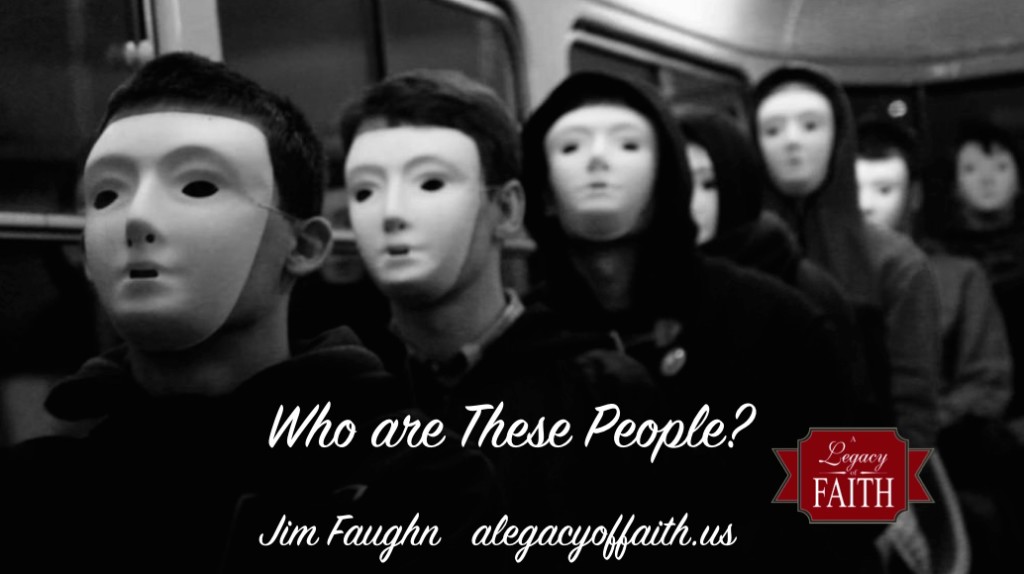Who Are These People?
Do you remember at all a man in the Bible named Bezalel? Have you already “cheated” and looked him up in a Bible concordance or some other source? Some translations render his name as Bezaleel. Does that help? Do you know who he is yet?
While you are at it, do you recognize the names of Oholiab (or again, depending on the translation, Aholiab)? Are any of these names beginning to sound somewhat familiar to you?
Whether or not we remember their names, without these men and apparently many others, the following words would not have been written in Exodus 40:33:
“So Moses finished the work.”
The work under consideration was the constructing of the tabernacle, all of its furnishings, and the clothing which was to be worn by Aaron. It could easily be argued that, had it not been for “Bezalel and Oholiab and every craftsman in whom the Lord has put skill and intelligence to know how to do any work in the construction of the sanctuary” (Exodus 36:1), the tabernacle would not have been completed.
Did you read that carefully?
Did you noticed that, along with the two men we’ve already mentioned (and who are probably unknown or little known to a lot of people), there are also some unnamed men who helped in this work? Isn’t it interesting that, without two “minor people” and a number of unnamed people, we probably would never read about Moses finishing the work?
Please do not misunderstand. I am not at all trying to minimize the importance of Moses. All of this work took place under his oversight. He was, indeed, the one who would answer directly to God and would receive instruction from Him. It was his responsibility to pass God’s directives along to the people and to make sure they were carried out as God had intended.
Is this beginning to sound familiar? Am I the only one who sees a present-day application for this?
Is it not true that elders in the Lord’s Church operate under “…the chief Shepherd…(1 Peter 5:4)? Is it not true that, while they are the overseers of the local congregation, that congregation is not theirs? Doesn’t it actually belong to Deity (cf. Acts 20:28)?
Is it also not true that anybody who preaches and/or in any other way attempts to proclaim God’s word is also under a sobering obligation? It was Peter who was inspired to write: “If anyone speaks, let him speak as the oracles of God…” (1 Peter 4:11, NKJV).
Anybody who knows me knows that I firmly believe that the health, strength, soundness, and vitality of a local congregation does not depend solely on who the elders happen to be or the identity of the preacher(s).
In my opinion, it cannot be stressed enough that the real “backbone” of any congregation are those who may be overlooked by some and unknown by others. They are the ones who quietly, humbly, and sacrificially serve, often in the background and out of the spotlight.
While they may be unknown or little known to some of us, they can rest assured that the One who really counts knows them, sees their service, and is preparing a special place for them.
I am more thankful to God than I can express for the “Bezalels,” “Oholiabs,” and every other unnamed “craftsman” of our day.
Who are these people?
They are special. They are the ones who deserve much more praise than they receive. While they may or may not receive that praise in this life, they can look forward to this promise being fulfilled in their lives:
Blessed are the dead who die in the Lord from now on!'” “Yes,” says the Spirit, “so that they may rest from their labors, for their deeds follow with them.” (Revelation14:13, NASU)
——-
To Receive Every Post via Email for Free, Click Here
Photo background credit: Jan Jaromir Horak on Creative Commons




